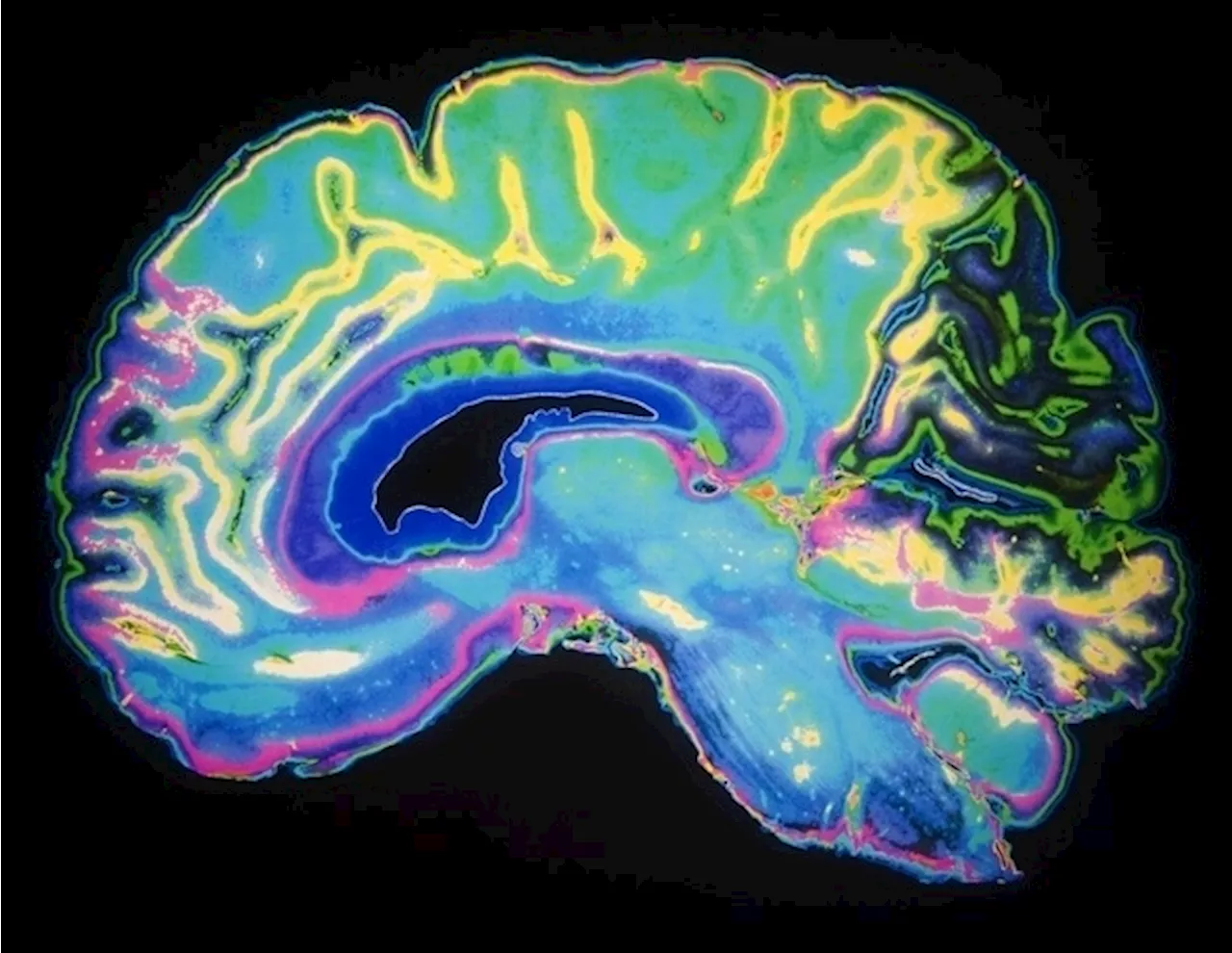Researchers have found a way to program immune cells to attack glioblastoma and treat the inflammation of multiple sclerosis in mice.
University of California San FranciscoDec 6 2024 The technology will soon be tested in a clinical trial for people with glioblastoma.
The scientists showed how the immune cells could eliminate a deadly brain tumor called glioblastoma and prevent recurrences. They also used the cells to tamp down inflammation in a mouse model of multiple sclerosis. Brain cancers are among the hardest cancers to treat. Surgery and chemotherapy are risky, and drugs can't always get into the brain.
The scientists programmed the immune cells to attack only if they first detected brevican and then detected one or the other of the brain cancer proteins. The brain-primed CAR-T cells were very, very effective at clearing glioblastoma in our mouse models, the most effective intervention we've seen yet in the lab. It shows just how well the GPS ensured that they would only work in the brain. The same strategy even worked to clear brain metastases of breast cancer." In another experiment, the researchers used the brain GPS system to engineer cells that deliver anti-inflammatory molecules to the brain in a mouse model of multiple sclerosis.
Brain Metastases Brain Tumor Cancer Cell Clinical Trial Glioblastoma Inflammation Living Cells Mouse Model Multiple Sclerosis Protein Sclerosis Technology Tumor
United Kingdom Latest News, United Kingdom Headlines
Similar News:You can also read news stories similar to this one that we have collected from other news sources.
 Area set for multi-million pound transformation with new hotel, new library and new homesProposals have also been submitted for the demolition of numerous Knowsley Council buildings in the Huyton area
Area set for multi-million pound transformation with new hotel, new library and new homesProposals have also been submitted for the demolition of numerous Knowsley Council buildings in the Huyton area
Read more »
 Researchers develop new antibody with potential to treat several types of cancerResearchers at Uppsala University and KTH Royal Institute of Technology have developed a new form of precision medicine, an antibody, with the potential to treat several types of cancer.
Researchers develop new antibody with potential to treat several types of cancerResearchers at Uppsala University and KTH Royal Institute of Technology have developed a new form of precision medicine, an antibody, with the potential to treat several types of cancer.
Read more »
 Researchers discover new target for treating atherosclerosisResearchers at Case Western Reserve University have identified a new target to treat atherosclerosis, a condition where plaque clogs arteries and causes major cardiac issues, including stroke and heart attack.
Researchers discover new target for treating atherosclerosisResearchers at Case Western Reserve University have identified a new target to treat atherosclerosis, a condition where plaque clogs arteries and causes major cardiac issues, including stroke and heart attack.
Read more »
 Researchers develop new approach to effectively deliver therapeutics into the brainResearchers at the Icahn School of Medicine at Mount Sinai have developed an innovative approach-;demonstrated in mouse models and isolated human brain tissue-;to safely and effectively deliver therapeutics into the brain, providing new possibilities for treating a wide range of neurological and psychiatric diseases.
Researchers develop new approach to effectively deliver therapeutics into the brainResearchers at the Icahn School of Medicine at Mount Sinai have developed an innovative approach-;demonstrated in mouse models and isolated human brain tissue-;to safely and effectively deliver therapeutics into the brain, providing new possibilities for treating a wide range of neurological and psychiatric diseases.
Read more »
 Researchers discover new cause of cytokine storm in COVID-19As part of the COVID-19 International Research Team, researchers at the Johns Hopkins Kimmel Cancer Center, Children's Hospital of Philadelphia, the University of Pittsburgh and Weill Cornell Medicine discovered a novel cause of cytokine storm -; the extreme inflammatory response associated with increased risk of death in COVID-19 infection.
Researchers discover new cause of cytokine storm in COVID-19As part of the COVID-19 International Research Team, researchers at the Johns Hopkins Kimmel Cancer Center, Children's Hospital of Philadelphia, the University of Pittsburgh and Weill Cornell Medicine discovered a novel cause of cytokine storm -; the extreme inflammatory response associated with increased risk of death in COVID-19 infection.
Read more »
 Researchers discover new pathway to forming long-term memories in the brainResearchers from Max Planck Florida Institute for Neuroscience have discovered a new pathway to forming long-term memories in the brain.
Researchers discover new pathway to forming long-term memories in the brainResearchers from Max Planck Florida Institute for Neuroscience have discovered a new pathway to forming long-term memories in the brain.
Read more »
